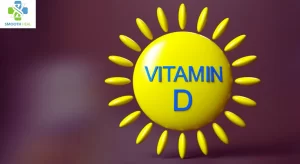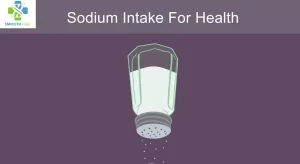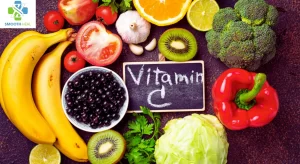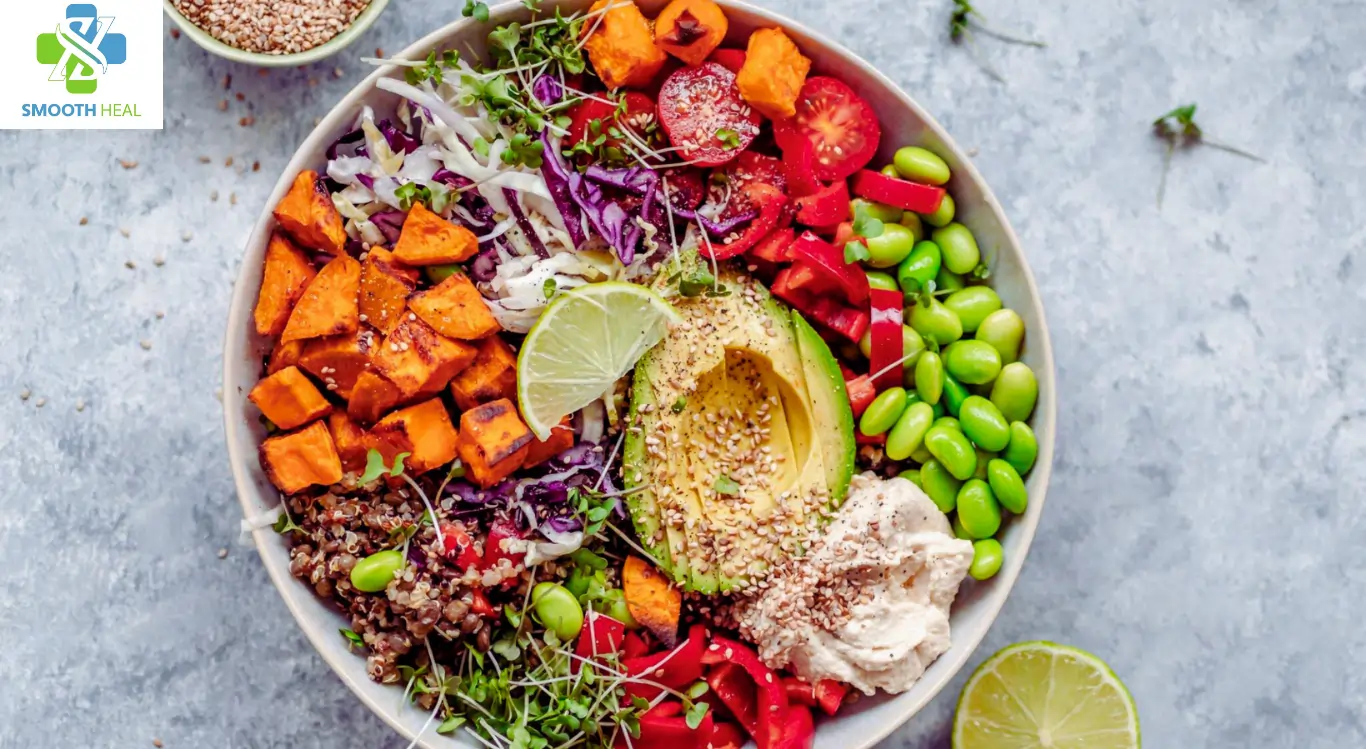20 Health Tips for Vegans
As the number of people espousing a vegan life continues to grow, it’s important to insure that Vegans are meeting their nutritive requirements. While a vegan diet can be incredibly healthy, it’s important to make sure that you’re getting all of the nutrients your body needs to stay healthy. In this composition, we will bandy 20 health tips for Vegans to help you stay healthy and thrive on a factory-grounded diet.
- Make Sure You Get Enough Protein
Protein is an essential nutrient that’s necessary for structure and repairing napkins in the body. While it’s frequently allowed that Vegans have a hard time getting enough protein, this isn’t the case. numerous factory- grounded foods are high in protein, including sap, lentils, tofu, and tempeh.
- Eat a Variety of Fruits and Vegetables

Fruits and vegetables are packed with essential vitamins and minerals that your body needs to serve duly. Make sure you’re eating a variety of fruits and vegetables to insure that you’re getting all of the nutrients your body needs.
- Get Enough Calcium
Calcium is important for erecting strong bones and teeth. While dairy products are frequently allowed of as the stylish source of calcium, there are numerous factory-grounded sources of calcium, including lush flora, almonds, and fortified factory milks.
- Do not Forget About Iron
Iron is important for the product of red blood cells, which carry oxygen throughout the body. While beast products are frequently allowed of as the stylish source of iron, there are numerous factory-grounded sources of iron, including lentils, sap, tofu, and dark leafy flora.
- Make Sure You Get Enough Vitamin B12

Vitamin B12 is important for the product of red blood cells and the proper functioning of the nervous system. While it’s set up naturally in beast products, it can be delicate for Vegans to get enough B12 through their diet alone. Make sure you’re taking a B12 supplement or eating fortified foods to insure that you’re getting enough B12.
- Get Enough Omega- 3 Adipose Acids
Omega- 3 adipose acids are important for brain health and can help reduce inflammation in the body. While they’re frequently set up in fish, there are numerous factory-grounded sources of omega- 3 adipose acids, including chia seeds, flax seeds, and walnuts.
- Consider Taking a Vitamin D Supplement

Vitamin D is important for strong bones and teeth and is frequently attained through exposure to sun. still, numerous people don’t get enough vitamin D through sun alone, especially those who live in northern climates. Consider taking a vitamin D supplement to insure that you’re getting enough.
- Choose Whole Foods
Processed foods are frequently high in sugar, swab, and unhealthy fats. Choose whole foods, similar as fruits, vegetables, and whole grains, to insure that you’re getting all of the nutrients your body needs.
- Stay Doused
Drinking enough water is important for overall health. Make sure you’re drinking enough water throughout the day to stay doused.
- Watch Your Sodium Intake

While some sodium is necessary for the body to serve duly, too important sodium can lead to high blood pressure and other health problems. Watch your sodium input by avoiding reused foods and adding swab to your food sparingly.
- Get Enough Fiber
Fiber is important for digestive health and can help reduce the threat of heart complaint and other health problems. Make sure you’re getting enough fiber by eating plenitude of fruits, vegetables, and whole grains.
- Choose Healthy Fats
While it’s important to limit unhealthy fats, similar as impregnated and
13. Cover Your Protein Input
While it’s important to get enough protein on a vegan diet, it’s also important not to overstate it. redundant protein can put a strain on the feathers and lead to other health problems. Make sure you’re covering your protein input and getting a balanced quantum.
- Choose Plant- Grounded Milk Alternatives
There are numerous factory-grounded milk druthers available, similar as soy milk, almond milk, and oat milk. These druthers can be just as nutritional as dairy milk, and can give fresh health benefits.
- Try Fermented Foods

Fermented foods, similar as sauerkraut, kimchi, and tempeh, can give a range of health benefits, including bettered digestion and a stronger vulnerable system.
- Consider Taking a Zinc Supplement
Zinc is important for a healthy vulnerable system and for crack mending. While it’s set up naturally in numerous factory-grounded foods, it can be delicate to get enough through diet alone. Consider taking a zinc supplement to insure that you’re getting enough.
- Watch Your Sugar Intake
numerous vegan foods can be high in sugar, which can lead to a range of health problems. Watch your sugar input by avoiding reused foods and limiting your consumption of sweets and sticky drinks.
- Get Enough Vitamin C

Vitamin C is important for a healthy vulnerable system and for healthy skin. Make sure you’re getting enough vitamin C by eating plenitude of fruits and vegetables, similar as oranges, bell peppers, and broccoli.
- Use Spices and Sauces to Add Flavor
Spices and sauces can add flavor to your reflections without adding redundant calories, sodium, or unhealthy fats. trial with different spices and sauces to find new flavors and combinations.
- Get Enough Sleep

Getting enough sleep is important for overall health and can help ameliorate your mood, increase your energy situations, and reduce your threat of habitual health problems.
In conclusion, a vegan diet can be a healthy and sustainable way of eating. By following these 20 health tips, you can insure that you’re meeting your nutritive requirements and thriving on a factory-grounded diet.
FAQs
- Can you get enough protein on a vegan diet? Yes, numerous factory-grounded foods are high in protein, including sap, lentils, tofu, and tempeh.
- What are some factory-grounded sources of calcium? lush flora, almonds, and fortified factory milks are each good sources of calcium.
- Do Vegans need to take vitamin B12 supplements? Yes, it can be delicate for Vegans to get enough B12 through their diet alone, so it’s important to take a supplement or eat fortified foods.
- What are some factory-grounded sources of omega- 3 adipose acids? Chia seeds, flax seeds, and walnuts are each good sources of omega- 3 adipose acids.
5. Is it possible to get enough nutrients on a vegan diet? Yes, with proper planning and a balanced diet, it’s possible to meet all of your nutritive requirements on a vegan diet.
It’s important to flashback that everyone’s nutritive requirements are different, and what works for one person may not work for another. It’s always a good idea to consult with a health professional before making any major changes to your diet.
In conclusion, a vegan diet can be a healthy and sustainable way of eating, as long as you’re aware of your nutritive requirements and make sure to get a balanced variety of foods. By following these 20 health tips, you can insure that you’re thriving on a factory-grounded diet and enjoying all of the benefits it has to offer.
We provide all kinds of important and useful content on our website. You will find all important content related to health on our website. Hope you all stay with us and help us move forward. Stay with our website Smoothheal and get updated news daily. thank you
